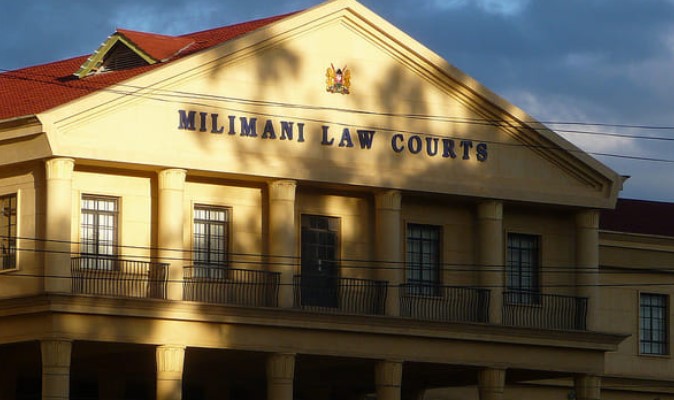Worldcoin members should go to Hospital for Checkup – Health CS Nakhumicha
During a recent parliamentary committee session, it was brought to light that some individuals who had their irises scanned by an American company during Worldcoin registration are now encountering optical issues. This revelation has sparked concerns about the potential health consequences of iris scanning technology. Kisumu East MP, Shakir Shabir, revealed that five individuals who underwent iris scans have reported eye problems, attributing them to the scanning process.
Health Cabinet Secretary Susan Nakhumicha expressed her concern over these claims, emphasizing that the Ministry of Health had no prior knowledge of the devices employed for iris scanning. She pointed out that the American company responsible for the scans did not classify their equipment as medical devices. Given this information, she stressed the need to take the reported health problems seriously and investigate further.
The scope of the issue is significant, as more than 350,000 Kenyan citizens had their irises scanned by the American data firm before the government intervened to halt the exercise. Nakhumicha urged those who experienced eye problems after being scanned to seek medical attention at their nearest health facility. Dr. George Nyagama, a medical expert, underscored the potential risks associated with prolonged exposure to excessive light during the scanning process.
Chiloba’s Communication Authority Reaction on Worldcoin in Kenya
In a related development, Ezra Chiloba, the Director General of the Communication Authority, asserted that regulatory oversights and a lack of coordinated oversight contributed to Kenyan citizens being exposed to potential data exploitation by Tools for Humanity, the parent company of Worldcoin. Chiloba explained that overlapping regulatory mandates among different agencies hindered an effective response to the situation.
Chiloba also noted that while the Office of the Data Commissioner is responsible for ensuring data privacy protection, certain legal loopholes may have impeded the enforcement of consumer protection measures. He argued that regulatory authorities did their best within the existing legal framework but acknowledged the need to address inadequacies in light of technological advancements.
Worldcoin, initially granted a license to operate in Kenya as a data processor by the Office of the Data Protection Commissioner, began processing iris data using an orb scanner. Users were incentivized with free Worldcoin tokens, estimated to be worth Sh7,000 in July. Chiloba emphasized the importance of transparency in such endeavors, stating that failing to provide clear explanations and involve all stakeholders posed risks.
Chiloba further pointed out that the consent given by participants, who received free cryptocurrency, may not have been fully informed about the potential risks and benefits. Concerns about the transparency of Worldcoin’s operations have also arisen in several other countries, including France, India, Germany, and the UK.
Worldcoin’s offer of 25 free tokens to those who signed up attracted thousands of individuals to multiple sign-up locations in Nairobi. The project’s founders aimed to address a key challenge in the cryptocurrency industry, which often relies on pseudonymous identities, making it vulnerable to spam bots and scams. However, the lack of comprehensive communication and transparency has raised significant concerns in Kenya and internationally.










